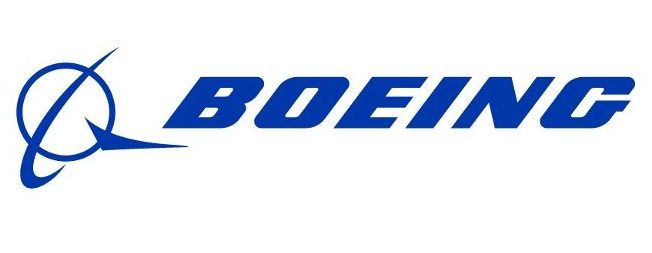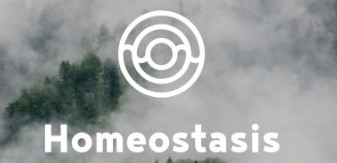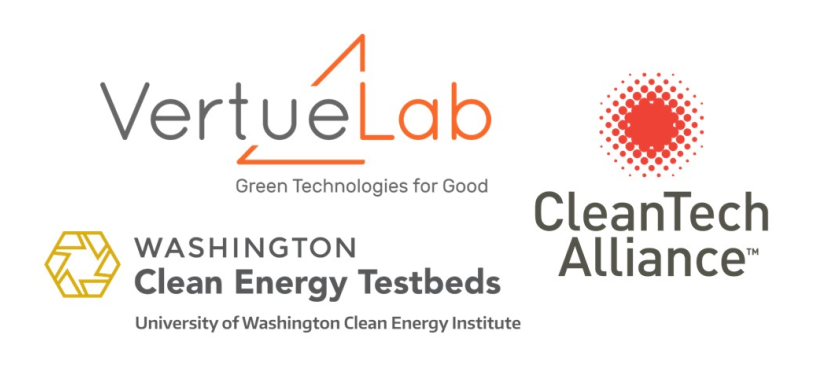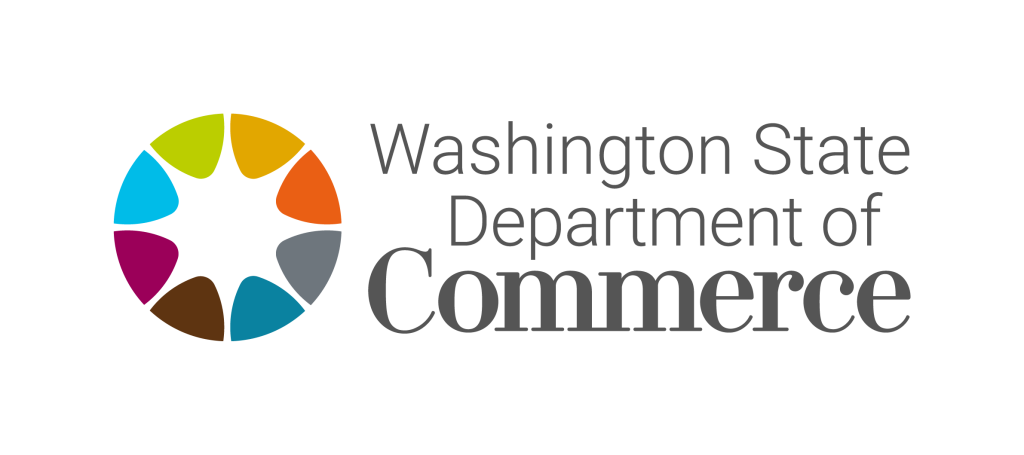

Alaska Airlines: Alaska Airlines and our regional partners serve more than 120 destinations across the United States, Belize, Canada, Costa Rica and Mexico. We emphasize Next-Level Care for our guests, along with providing low fares, award-winning customer service and sustainability efforts.
At Alaska, we are committed to taking care of all who depend on us, including being responsible for our impact on the environment. Our long-term goal is to achieve net zero by 2040, with nearer-term goals to improve our impact in areas of carbon, waste and water.
Twelve is the carbon transformation company, a new kind of chemical company built for the climate era. We make essential products from air, not oil. Our groundbreaking technology eliminates emissions by transforming CO2 into critical chemicals, materials and fuels that today are made from fossil fuels. We call it carbon transformation, and it fundamentally changes how we can address climate change, reduce emissions and reverse the carbon imbalance. Reinventing what it means to be a chemical company, we’re on a mission to create a climate positive world and a fossil free future through the power of chemistry.

Avalanche Energy is a VC-backed, fusion energy start-up based in Seattle, WA. We are designing, testing and building micro-fusion reactors that you can hold in your hand. Our modular reactor design can be stacked for endless power applications and unprecedented energy density to provide clean energy and decarbonize the planet.
Our unique approach enables rapid iterations of design, build, test, fix cycles for faster development and the rapid scalability that the planet needs.

The Boeing Company: As a leading global aerospace company, Boeing develops, manufactures and services commercial airplanes, defense products and space systems for customers in more than 150 countries. As a top U.S. exporter, the company leverages the talents of a global supplier base to advance economic opportunity, sustainability and community impact. Boeing’s diverse team is committed to innovating for the future, leading with sustainability, and cultivating a culture based on the company’s core values of safety, quality and integrity.

CarbonQuest is elevating standard carbon capture and sequestration solutions, combining trusted technologies with an innovative, expert approach to point source carbon capture at commercial and residential buildings. Through our cost-effective, modular technology, we are able to deliver an impactful yet widely-accessible emission reduction solution that promotes stronger and healthier communities. Ultimately, our goal is to actively promote and support the widespread adoption of critical carbon capture technology — across all regions and property types — to move us a step closer to a more sustainable future.

The Center of Excellence for Clean Energy works closely with energy, organized labor, clean technology, NGO’s and K-20 education partners. We stay current on the state’s clean energy initiatives that drive our power generators and users toward a zero-emission economy. We represent our partner’s interests and make connections to those involved with training and upskilling our state’s workforce. We exist to narrow the gap between employers’ demands for a highly skilled workforce and Washington State Community and Technical colleges’ ability to supply work-ready graduates. We convene industry and labor to help drive workforce development initiatives — and coordinate community college resources after industry and labor set the direction.

The Center for Sustainable Infrastructure (CSI) is an optimistic nonprofit innovator that works across dividing lines to catalyze community-driven, broadly inclusive infrastructure solutions that benefit people, local economies, and the planet. CSI helps communities and policy makers face climate change and grow equitable prosperity across cultural divisions to build a thriving future for all.

Clean Energy Transition Institute (CETI) is an independent nonprofit research organization that provides rigorous analysis, frames tradeoffs, and convenes stakeholders to accelerate an equitable transition to clean energy across the Northwest. The Net-Zero Northwest: Technical and Economic Pathways to 2050 is an economy-wide decarbonization analysis of energy pathways, health impacts, and workforce opportunities designed to inform actions by 2030 that will put the four Northwest states on the path to achieving net-zero emissions by 2050.

First Mode is a global carbon reduction company developing creative, clean energy solutions for heavy industry’s toughest problems. We started by removing the diesel engine from a colossal mining truck and replacing it with a hybrid hydrogen and battery powerplant. A world-first, and the world’s largest. We are also working on providing critical mine site infrastructure for hydrogen production, hydrogen refueling, and battery recharging. Today, we’re starting at the source, the mining industry, and tomorrow the larger supply chain, to completely eliminate the use of diesel and speed the clean energy transition.

Foresight is Canada’s cleantech accelerator. We bring innovators together with industry, investors, government, and academia to address the world’s most urgent climate issues. Through our Net Zero Innovation Network in British Columbia (BCNZIN), we’re working to catalyze the development and adoption of low-carbon technologies to energize the future of British Columbia’s clean transportation sector. Join our session to learn about the tools available to solve industry challenges and accelerate progress towards ESG and climate commitments.

BUILT Cluster Fusion Energy Working Group. Fusion energy is clean, real, safe, and unlimited. With four fusion energy companies in the Seattle area, Washington state is poised to be a leader in fusion thanks in part to the work of the BUILT Cluster. Chat with current Fusion Working Group members about the benefits of the BUILT Cluster during this discussion group huddle.

Homeostasis Systems: The Homeostasis vision is a global supply of essential raw materials based on atmospheric CO2. Several forms of elemental carbon products (carbon black, graphite, graphene, carbon nano products), pure O2, and pure CO2 are all potential material outputs of our mineralization + electrochemistry based process

Northwest Cleantech Innovation Network (NWCIN) provides comprehensive regional entrepreneurial support to increase and accelerate the development, success rate and commercialization of early stage cleantech startups in Oregon, Washington, Idaho, Alaska Western Canada and beyond.

Northwest Innovation Resource Center (NWIRC) expands support for entrepreneurs from Snohomish County to Canada with resources to assist from idea validation to seeking investment funding. Check out the special support for cleantech innovation through their BlueTech/CleanTech Innovation Cohort to start in September 2023.

BUILT Cluster Net-Zero Materials Working Group is dedicated to decarbonizing the raw materials supply chain. Recognizing that buildings are responsible for 39% of global carbon emissions and 23% of Washington’s carbon emissions, decarbonizing related infrastructure materials and processes are a cost-effective way to mitigate the effects of carbon emissions from the built environment before construction even begins.

New Day Hydrogen makes hydrogen work for heavier duty commercial vehicle fleets. Generating hydrogen on-site with modular stations capable of scaling with the market. We can make this work now and starting with as few as 5 trucks.

Pacific Northwest National Laboratory (PNNL) advances the frontiers of knowledge, taking on some of the world’s greatest science and technology challenges. Distinctive strengths in chemistry, Earth sciences, biology, and data science are central to their scientific discovery mission. PNNL’s research lays a foundation for innovations that advance sustainable energy through decarbonization and energy storage and enhance national security through nuclear materials and threat analyses. They collaborate with academia in fundamental research and with industry to transition technologies to market. This session is intended for an audience with not much familiarity with the national lab system.

RUNWITHIT Synthetics Inc. (RWI) creates synthetic, digital models of complex systems to support strategic decision-makers facing disrupted futures around energy, mobility, equity, and resilience. RWI’s Synthetic Modelling Platform (SMP) brings to life limitless, hyper-localized scenarios for any global city, its people, businesses, traffic, air quality, weather, infrastructure, policies, new and existing technologies, and even disasters. Our environment enables “in silico” trials of different scenarios to calculate all the impacts informing and accelerating novel, de-risked, effective innovation adoption, policy, and investments to rapidly design and optimize futures in sustainability, equity, and resilience. Our secret sauce is playing forward human behavior in these scenarios — in more detail than anyone else. We play forward human choice and movement, activities, access barriers, health considerations, economics, family considerations, and resilience posture.

BUILT Cluster Talent and Training Working Group aims to foster the development and acquisition of specialized skills and knowledge in the BUILT environment. Through strategic collaborations and initiatives, the group focuses on identifying and addressing gaps in talent, promoting lifelong learning, and enhancing training programs to ensure a highly skilled workforce capable of meeting the evolving demands of the built environment.

BUILT Cluster Waste Heat Working Group collaborates on thermal energy, waste heat, and district energy de-carbonization solutions for Washington’s built infrastructure. The Thermal working group brings both public and private organizations eager to investigate the application of innovative technologies and more sustainable operations through demonstration projects and alliances, such as Wastewater Energy Recovery in King County and District Energy, Deep Lake Water Cooling, and Salmon Habitat Restoration in the Lake Washington Ship Canal.

Unico Power was founded 5 years ago on solving a problem which is now only starting to exist: “how will our condominium / apartment building allocate its precious electrical resources, as ‘the electrification of things’ places more and more demand on our limited amount of energy?” Unico Power has this answer: “We will provide an EV charging solution for you, which is intelligent enough to know that it will be one of several competing applications for your building’s electrical resources.” We make EV charging easy for condominiums and stratas – Unico Power, from Calgary, Alberta.

U.S. Environmental Protection Agency (EPA): Regional Administrator Sixkiller will be discussing the Biden Administration’s policies that support the transition to a clean economy and will present an overview of upcoming federal funding opportunities related to the Climate Pollution Reduction Grants and the Greenhouse Gas Reduction Fund.

Washington State Building and Construction Trades Council: Workforce – Labor and Union Engagement– Labor unions support the clean energy transition and technology advancement through advocacy, training, job creation, research, green procurement, and collaboration. They advocate for clean energy policies, provide members with training and education, create new job opportunities, support research and development, promote environmentally sustainable practices, and form partnerships. By engaging in these initiatives, unions ensure an equitable transition to clean energy that benefits workers and their communities.

Washington State Department of Commerce: The historic CHIPS and Science Act (CHIPS), the Infrastructure Investment and Jobs Act (IIJA) and Inflation Reduction Act (IRA) make available hundreds of billions in both direct federal funding and tools to leverage private sector investment in critical industries to Washington state.
Learn about the State’s plans to support organizations pursuing funding under these programs and engage in a short discussion about the EDA Regional Tech Hub Program, created by the CHIPS Act.

Washington State Department of Ecology: Cap-and-invest is a market-based program that creates a financial incentive pushing Washington’s biggest emitters to decarbonize. Claire will give an overview of how this powerful program works and provide insight into the results of the program’s first auctions (held in Feb. and May), including how the revenue raised will be used to move our state toward the low-carbon future Washington deserves.

Westinghouse has a 130-year history of innovation that began when our founder, George Westinghouse, commercialized the alternating current and forever changed the way electricity was distributed. Our legacy continues in the nuclear era, which originated when we built the world’s first commercial pressurized water reactor in Shippingport, Pennsylvania. More than 60 years later, 430 nuclear reactors operate around the world using Westinghouse technology.
While we are proud of our past, its real value lies in providing a guide for our future. As the world strives to address the challenges of a changing climate, we are constantly rethinking the way we deliver nuclear energy.

Clover Park Technical College and Centralia College: Washington’s two-year colleges are essential for the clean energy transition. They train the workforce with specialized programs, making clean energy education accessible to a diverse range of students. These colleges foster industry partnerships, collaborate on clean energy technologies, align with market demands, and offer quick training solutions. Additionally, they offer community engagement activities that raise awareness, encourage clean energy adoption, and promote careers to support industry.